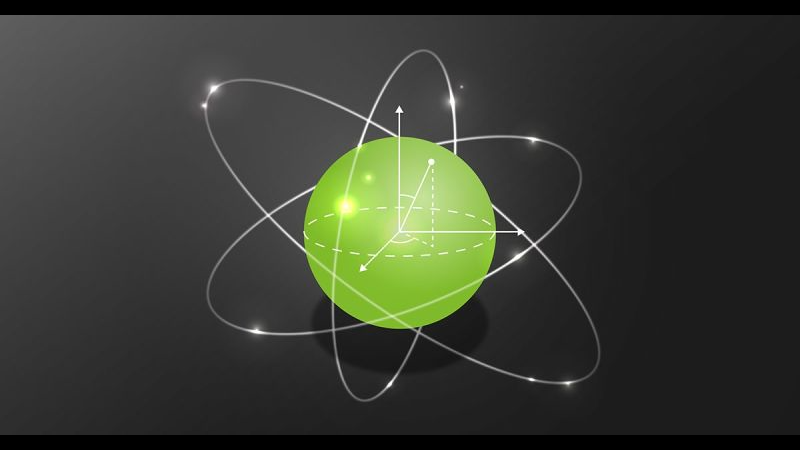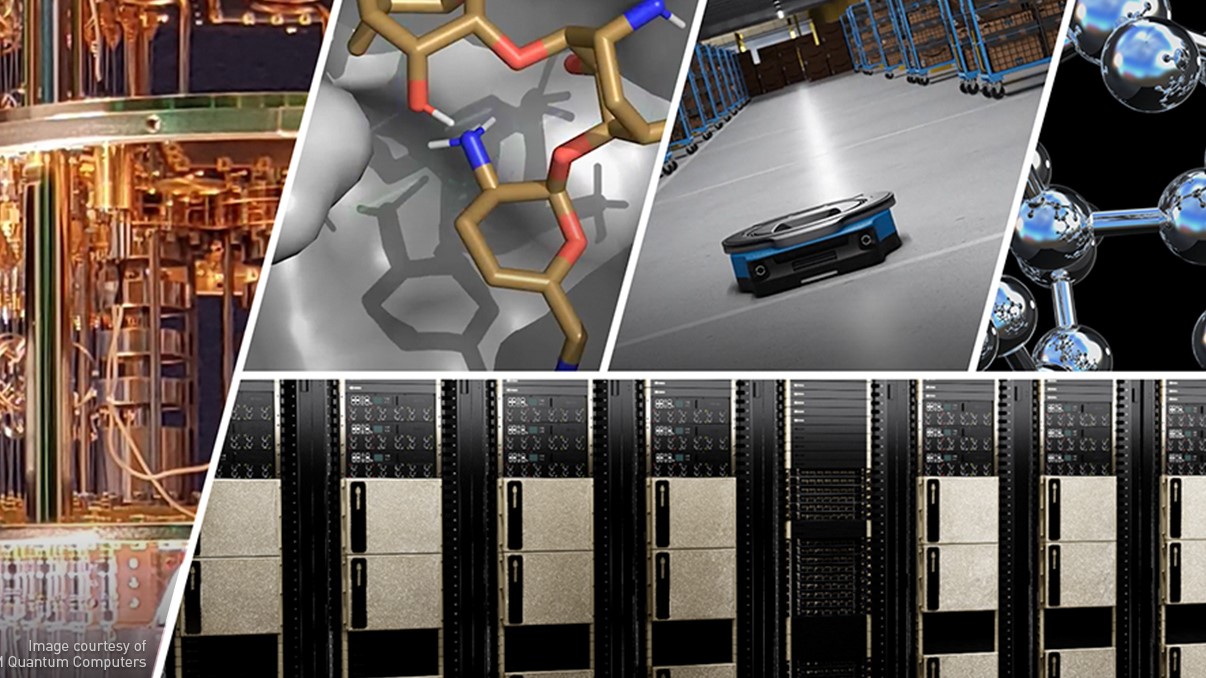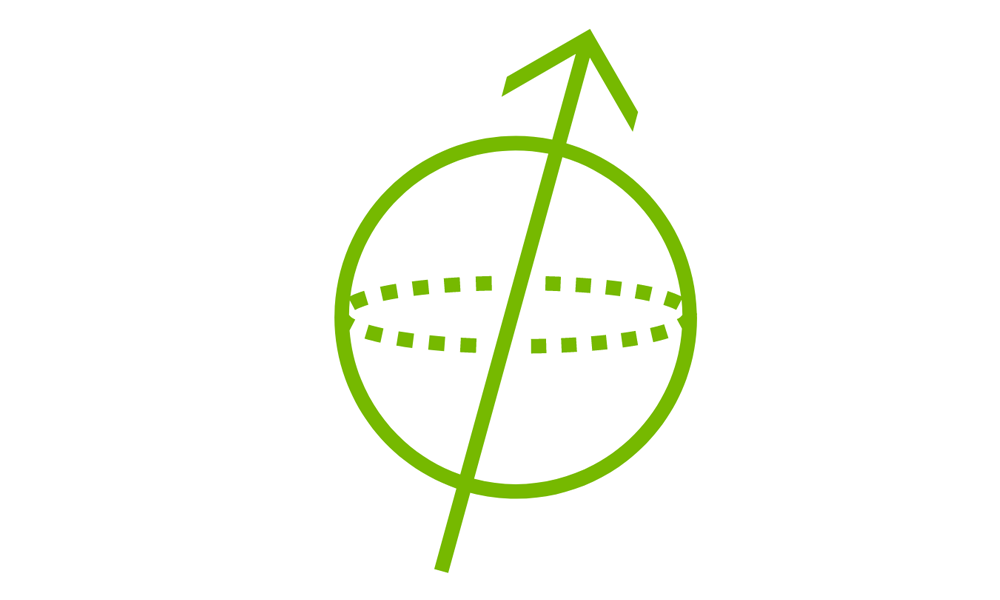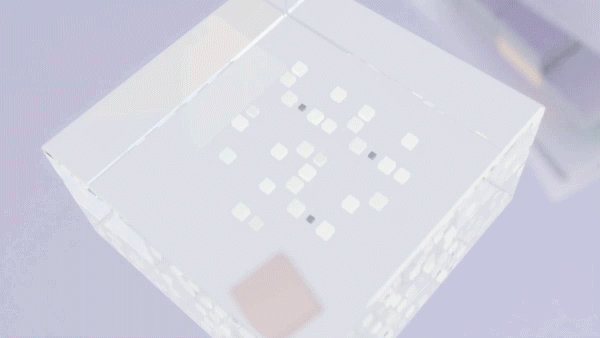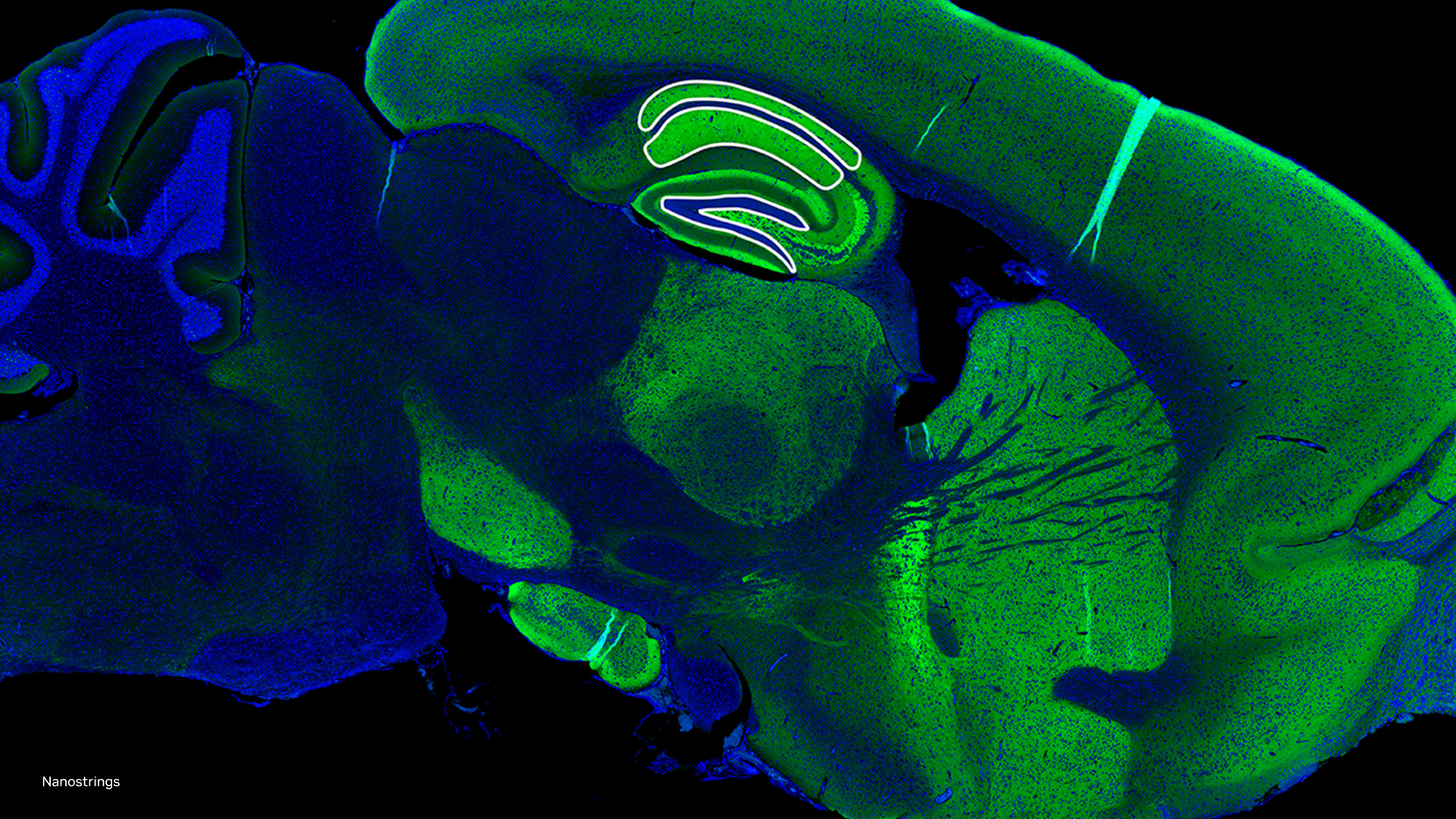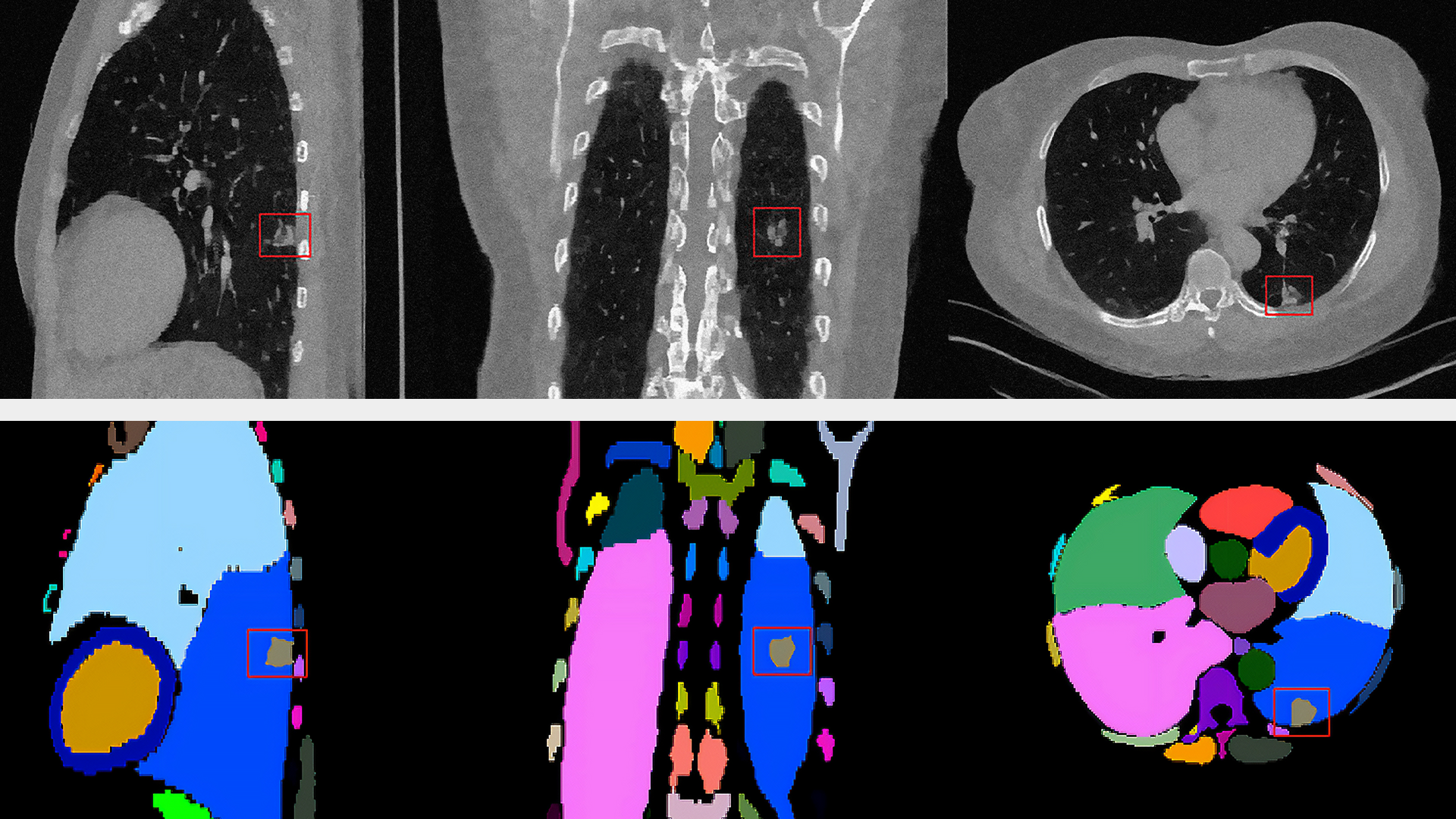As part of NVIDIA efforts to advance research towards a more secure data center, the NVIDIA Advanced Development Group is conducting research on quantum key distribution (QKD) technologies, along with other top organizations in Europe and in Israel. The initiatives are funded by the European Union’s Horizon 2020 program and the Israel Innovation Authority.
QKD is a highly secure cryptographic method for transmitting private keys between two parties. Based on the principles of quantum mechanics, private keys exchanged through QKD offer guaranteed security against any type of computer, classical, or quantum, and can be used by established cryptographic applications.
To date, QKD has reached pilot commercial deployment in niche application scenarios while intensive research is ongoing to democratize the technology.
Sharing this vision, the NVIDIA Advanced Development Group has joined forces with a wide range of organizations in the following projects. The projects were selected for funding under the framework of the European Quantum Flagship, a major research initiative launched by the European Union in 2018.
CiViQ
CiViQ (Continuous Variable Quantum Communications) area of research is the flexible and cost-effective integration of quantum communication technologies in optical communication networks.
CiViQ capitalizes on the continuous variable QKD (CV-QKD) technology and extends it with protocol extensions, standardized network interfaces, and high-performance photonic integrated circuits.
In this project, NVIDIA researched the close interaction of its DPU with the project’s QKD infrastructure. NVIDIA demonstrated the use of quantum keys retrieved by the QKD devices into its DPU to create an IPsec tunnel with 256-bit AES channels. CiViQ involves major telecoms, integrators, and developers of QKD.
UNIQORN
UNIQORN (Affordable Quantum Communication for Everyone: Revolutionizing the Quantum Ecosystem from Fabrication to Application) develops a design and manufacturing framework for compact, low-cost QKD devices operating at room-temperature, leveraging the strengths of photonic integration.
The project evaluates the integrated QKD devices in field trials using quantum-aware software-defined networking.
Within the project, NVIDIA showcased a quantum enabled NIC using random numbers obtained from a quantum random number generator (QRNG). The QRNG was exposed to the DPU transparently, as a random number generator device available to the user.
The trans-disciplinary approach of UNIQORN brings together leading European players from quantum optics, photonic integration, and networking. This enables them to move from lab science to field deployment and bridge the quantum divide between large (governmental) and small (residential) end users.
openQKD
openQKD (Open European Quantum Key Distribution Testbed) creates an open QKD testbed to promote network functionality and use cases to potential end-users and relevant stakeholders from research and industry. The project brings together a multidisciplinary team from 13 countries investigating QKD use cases and incorporating state-of-the-art QKD testbeds.
Within this project, NVIDIA explored the cloud data center use case and incorporated its test site to the project’s network as a local hub for QKD experimentation.
Aside from its Europe-based research activity, the NVIDIA Advanced Development Group joined the Quantum Communications Consortium in 2020. The consortium is a three-year initiative led by industry leaders and academic institutions in Israel and is partially funded by the Israel Innovation Authority. Their vision is to improve quantum encryption in a cost-effective manner, focusing on three areas:
- Communication systems for data centers
- Transferring data from a single communication channel to a network
- The establishment of a secure communication system for transmitting encryption keys.
Within this project, NVIDIA addresses intra– and inter-data center secure communication challenges, through the integration of quantum communication interfaces in a SmartNIC and the demonstration of a real-life data center QKD network.
A similar concept is implemented in MATQu (Materials for Quantum Computing) project, in which the NVIDIA team explores the integration of its DPU technology in the field of quantum metrology. This project is supported by the ECSEL Joint Undertaking framework of the EU.
Summary
DPUs provide enhanced security and real-time processing features. The NVIDIA partnership in these initiatives, which integrate DPU technology, enables us to advance the research towards a zero-trust, security-everywhere architecture where security goes beyond the data center perimeter to the edge of every server.
For more information about NVIDIA BlueField DPU security and real-time processing features, see NVIDIA BlueField Data Processing Units.
For more information about enabling zero-trust security with DPU and NVIDIA DOCA SDK, see NVIDIA Introduces BlueField DPU as a Platform for Zero Trust Security with NVIDIA DOCA 1.2.

